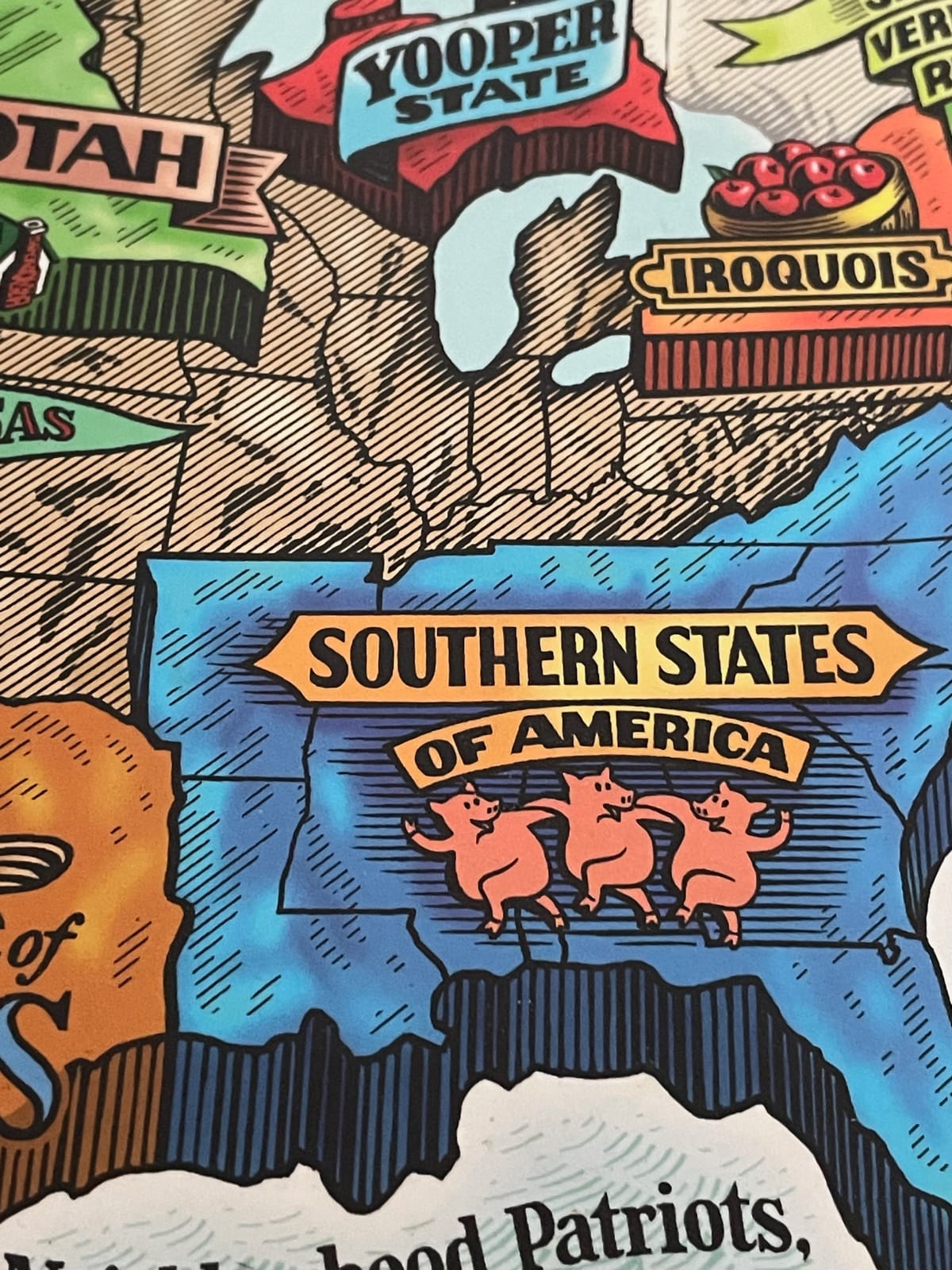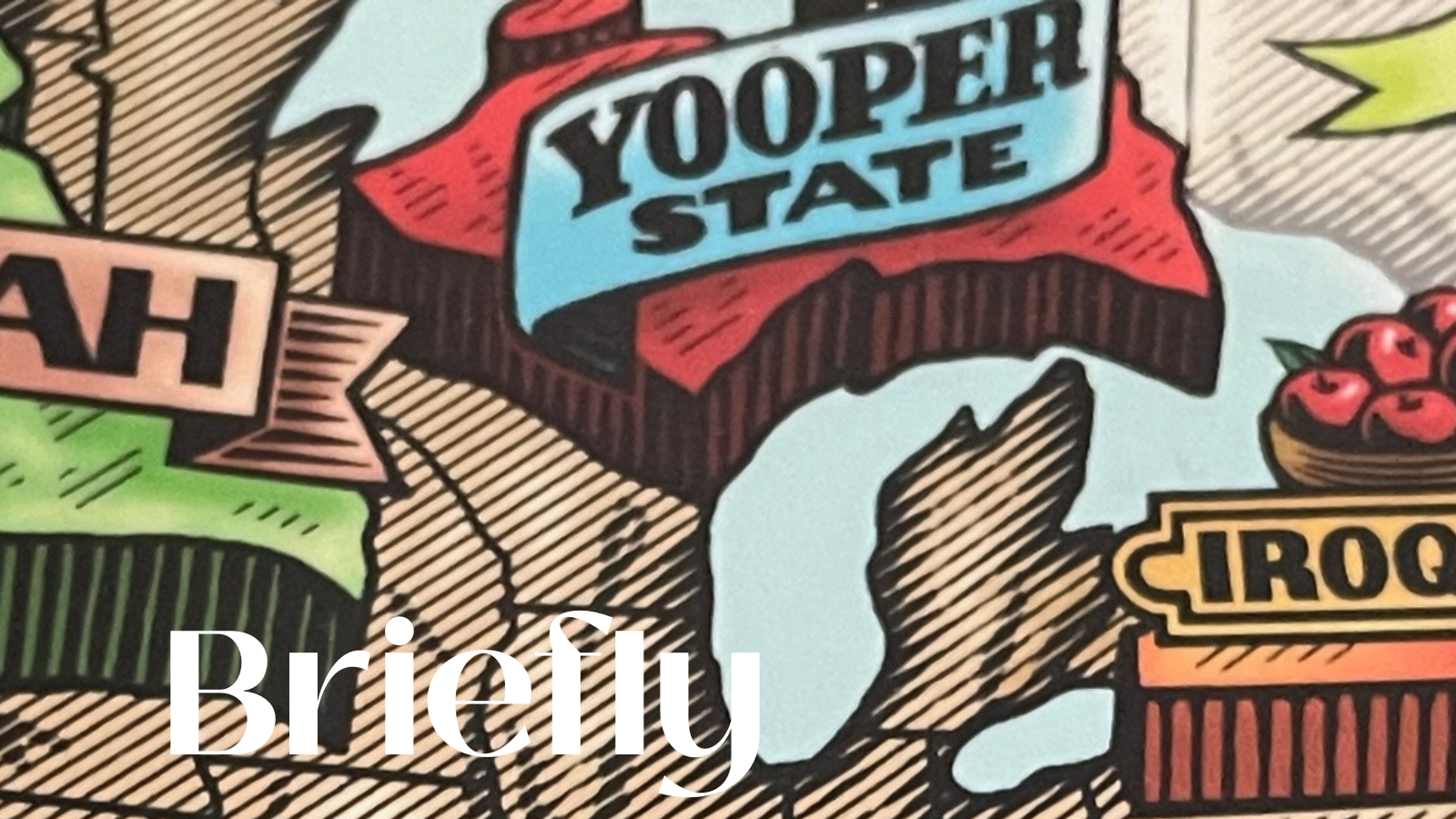Why the Fading of the Southern Accent Is Bad News
Jack Butler at National Review


[P]ost-war Georgia, anchored by Atlanta, has become much more attractive to in-migration than ever before. With more residents from other states comes a greater cultural mixing, which of course can be salutary, as can the attendant prosperity. But both can come at the cost of a diminution of the folkways that set a given area apart, chief among them its distinct manner of speaking.
To which one might say: So what? Who cares if places start sounding and talking more like each other, or even the same? Maybe it’s for the best if idioms of such subtle nuance as “bless your heart,” or of such borderline incomprehensibility as “Jeet?” fade away into some common American mélange. Maybe we can resolve some of English’s defects. Unlike most other languages, it lacks a unique second-person plural. Maybe we can finally settle on one. Current options: “Y’all,” “youse,” and (my vote) “you guys.” There would undoubtedly be some advantages.
But we might as well rebuild the Tower of Babel while we’re at it. Regional accents and dialects are some of the strongest aspects of the federalist culture that exists alongside, and in part because of, America’s federalist politics. Ours is — and ought to be — a vast and variegated country, not some homogenous blob. Its residents are part of the nation, obviously, but are also proud of their particularities. Our diffuse system of government suits that well. The increasing movement of power and wealth, not just to Washington, but also to certain regional hubs (Atlanta being an excellent example) — and away from areas of differentiation — has weakened this motley character. As have the internet and other forms of media that have connected us across the nation more than we ever have been, even as direct relationships with our own neighbors diminish. The smothering of dialect differences is bound up in some of the more injurious trends in our national life.
It also portends an even worse one: the degradation of America’s resplendent cultural variation. The Left would call that part of the American character “diversity.” A better word, the one Russell Kirk favored, is “variety.” Kirk argued that conservatives “feel affection for the proliferating intricacy of long-established social institutions and modes of life, as distinguished from the narrowing uniformity and deadening egalitarianism of radical systems.” The cultural uniformity that now poses a threat in some respects resembles such systems.
Read the rest (note: you'll burn one of three free articles, unless you have a subscription to National Review)
